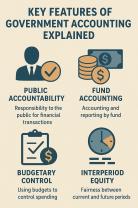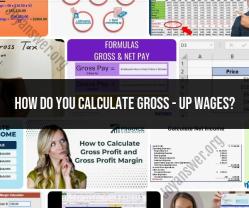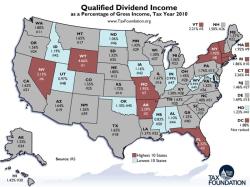Will I pay taxes to sell lottery payments?
Selling lottery payments can have tax implications, and it's essential to understand these implications before making such a decision. While I can provide some general information, it's important to consult with a tax advisor or financial professional who can provide guidance tailored to your specific situation, as tax laws can vary by location and change over time.
Here are some key points to consider regarding the tax implications of selling lottery payments:
Original Lottery Winnings: The initial lottery prize you won is typically subject to federal and state income taxes. These taxes are generally withheld by the lottery organization when you claim your prize. The tax rates and rules for your initial winnings depend on your location and the amount of the prize.
Selling Payments: If you choose to sell some or all of your future lottery payments to a third-party company, you may still have tax obligations. When you sell these payments, you are essentially converting a stream of future income into a lump sum payment. The tax treatment of the lump sum payment will depend on various factors, including your specific agreement with the purchasing company and applicable tax laws.
Capital Gains Tax: Depending on the terms of the sale and the capital gains tax laws in your jurisdiction, the lump sum you receive from selling your lottery payments may be subject to capital gains tax. Capital gains tax rates can vary based on factors such as your overall income, how long you've held the asset (in this case, the right to receive future payments), and the specific tax laws in your location.
Tax Deferral Strategies: Some individuals who sell lottery payments may explore tax-deferral strategies, such as structured sales. These strategies aim to spread the tax liability over time rather than paying it all at once when you receive the lump sum. Consult with a tax advisor or financial professional to explore these options.
State Taxes: In addition to federal taxes, be aware of any state income taxes that may apply to the lump sum payment from selling lottery payments. State tax laws can vary widely, and some states do not have an income tax.
Reporting Requirements: It's crucial to accurately report any income from the sale of lottery payments on your tax returns. Failing to report this income could result in penalties and interest.
In summary, selling lottery payments can trigger tax implications, including potential capital gains tax, depending on your specific situation and the terms of the sale. Consult with a tax advisor or financial professional to fully understand the tax consequences and explore strategies to minimize your tax liability while making informed financial decisions.
Tax Implications of Selling Future Lottery Payments
Selling future lottery payments is generally considered a taxable event. The proceeds from the sale are typically taxed as ordinary income. This means that the seller will need to pay taxes on the full amount of the proceeds, regardless of when they would have received the lottery payments if they had not sold them.
For example, if a lottery winner sells their future lottery payments for a lump sum of $1 million, they will need to pay taxes on the full $1 million, even though they would have only received $100,000 per year for 10 years if they had not sold their payments.
There is one exception to the rule that selling future lottery payments is a taxable event. If the seller sells their payments to a qualified charitable organization, the proceeds from the sale are not taxable.
Does Selling Annuity Payments Trigger a Tax Bill?
Yes, selling annuity payments can trigger a tax bill. The proceeds from the sale are typically taxed as ordinary income. This is because the seller is essentially selling the right to receive future income.
The amount of tax that the seller owes will depend on the following factors:
- The amount of the proceeds from the sale
- The seller's tax bracket
- The type of annuity
- Whether the seller has paid any taxes on the annuity payments in the past
Strategies to Minimize Taxes on Lump Sum Lottery Winnings
There are a number of strategies that lottery winners can use to minimize the taxes they owe on their lump sum winnings. Some of these strategies include:
- Investing the winnings: Investing the winnings can help to defer taxes and allow the winnings to grow over time.
- Spreading the winnings out over time: Lottery winners can choose to receive their winnings in annuity payments instead of a lump sum payout. This can help to reduce the amount of taxes that the winner owes each year.
- Donating to charity: Donating to charity is a great way to reduce taxes. Lottery winners can deduct the amount of their charitable donations from their taxable income.
If you are a lottery winner, I recommend that you consult with a tax advisor to help you develop a tax strategy that will minimize your tax liability.
Here are some additional tips for minimizing taxes on lump sum lottery winnings:
- Take advantage of tax deductions and exemptions. There are a number of tax deductions and exemptions that lottery winners can take advantage of, such as the deduction for charitable donations and the exemption for qualified education expenses.
- Hire a qualified tax advisor. A qualified tax advisor can help you develop a tax plan that will minimize your tax liability.
- Be aware of the tax consequences of your decisions. Before you make any major financial decisions, such as buying a house or investing your winnings, be sure to consult with a tax advisor to understand the tax consequences of your decision.












